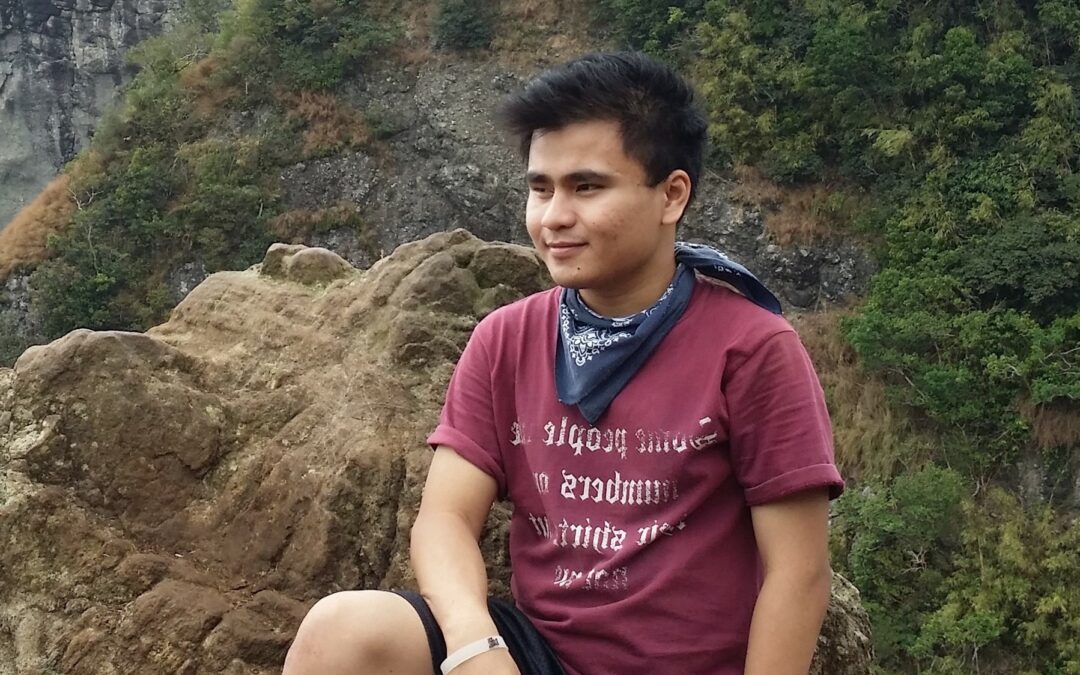How changing the rules for family planning and development will make all the difference
by Brixton Reyes
A Fair Start in the Philippines?
In the Philippines, family is a central and inviolable aspect of Filipino society. Most people’s lives revolve around their families, as is evident through various generations of family members living under the same household not wanting to be separated and through Overseas Filipino Workers (OFWs) remitting support to their parents and siblings. Despite the level of value Filipinos put on ‘family’, many children are still not given the same degree of importance. These children are victims of unfortunate circumstances from the moment they are born. In an article published by France’s Agency for Development, there are 250,000-1,000,000 homeless children living in the streets of the capital city of Manila.[1] In relation to this, thirty percent (30%) of Filipino children under 5 years old also suffer from stunting due to malnutrition which makes the Philippines one of the top countries in stunting prevalence.[2] Moreover, at least 17% of Filipino children aged 13-17 years old experienced sexual violence while growing up.[3] These are a few among the barrage of issues that plague today’s Filipino youth.
The same is the very reason I support the Fair Start Movement. A fair start for a Filipino child ensures that they will have a proper home they can live in that is conducive to their holistic development, adequate nutrition to fully develop their physical, mental, & emotional capacities, and safety from abuse and other forms of violence. It is imperative that the Fair Start Model should be included as one of the government’s core policy reforms. Children are referred to as “biyaya ng Diyos” (blessings of God) but our current laws & policies do not reflect this status. The Filipino family should not be an entity to which a child, even as he or she matures, is subservient.
A key feature of the Fair Start Model is that the right to have children is not a personal and private act within the parents’ exclusive domain. In the current model, which assumes this right belongs privately and exclusively to the parents, our local laws don’t have the same regulatory enforcement. Compounded with the state’s neglect to provide for free accessible contraception and family planning services to its citizens, this situation allows children to be born to parents who are unprepared to care for them and their own rights are neglected from the start. This state of affairs is supported by different aspects of Philippine society such as religion, socio-cultural norms, and even online trends. Family planning should be child- centric rather than parent or family-centric. An effort to get out of this limbo is the submission of R.A. 10354 otherwise known as the Responsible Parenthood and Reproductive Health Act or RPRH Law[4] whose implementation is currently not being prioritized. As an effect of this, despite the availability of safeguards, it still snowballs into unwanted pregnancies[5] and eventually, a growing population that ends up uncared for.
Because of this, I believe that adopting the Fair Start Model is a necessary public act. In doing so, the Philippines can pave the way for more countries to uphold intergenerational justice in the trying times ahead.
[1] https://www.afd.fr/en/actualites/breath-hope-street-children-philippines
[2] https://reliefweb.int/report/philippines/undernutrition-philippines-scale-scope-and-opportunities-nutrition-policy-and
[3]https://www.unicef.org/philippines/media/491/file/National%20Baseline%20Study%20on%20Violence%20Against%20Children%20in%20the%20Philippines:%20Results%20(executive%20summary).pdf
[4] Republic Act No. 1035
[5] https://pidswebs.pids.gov.ph/CDN/PUBLICATIONS/pidsdps2110.pdf

